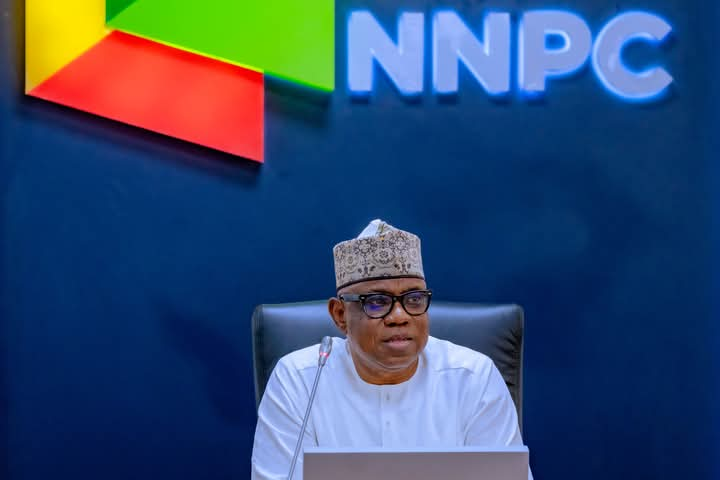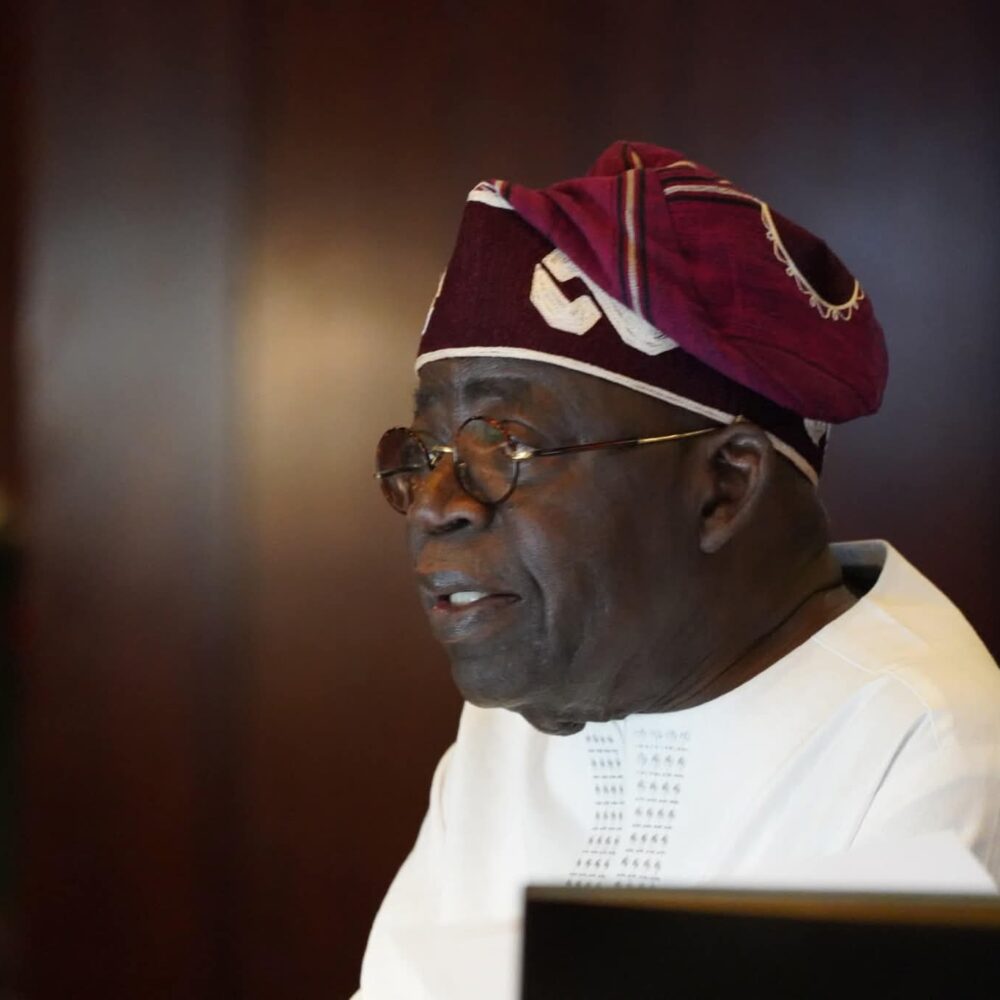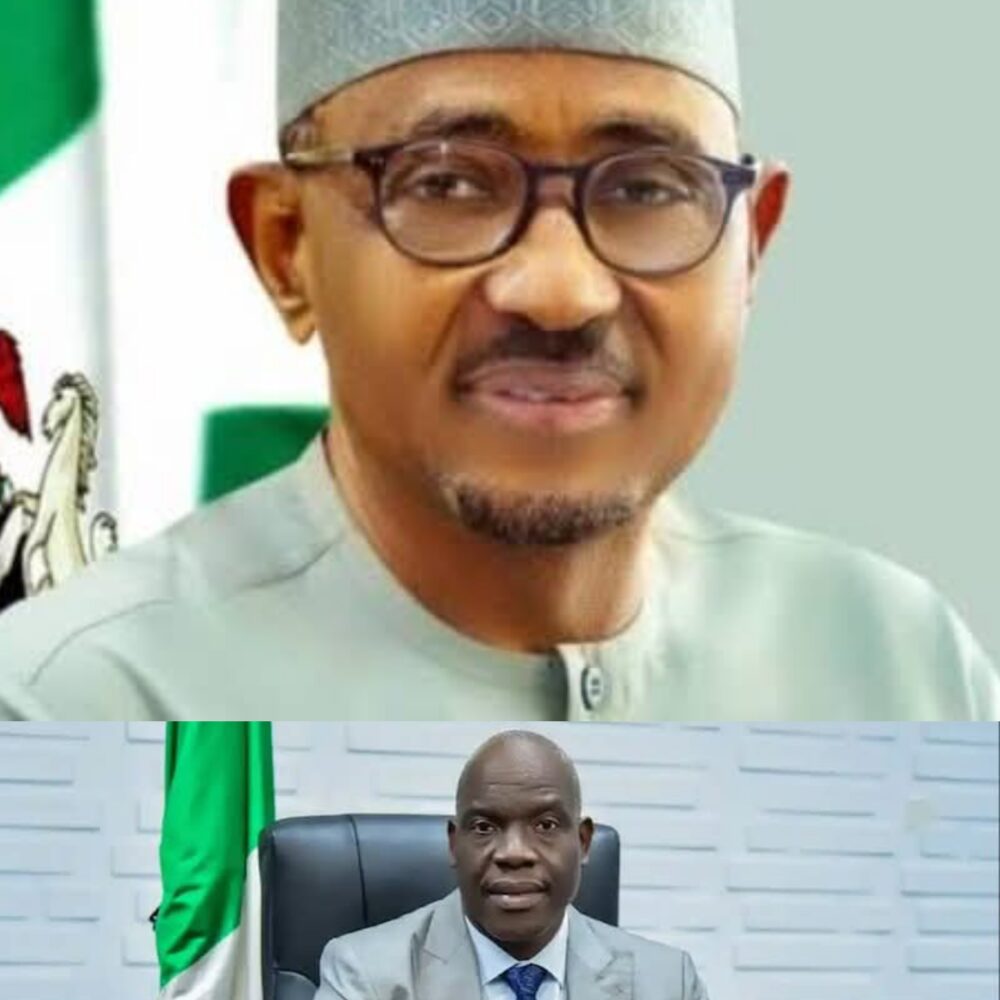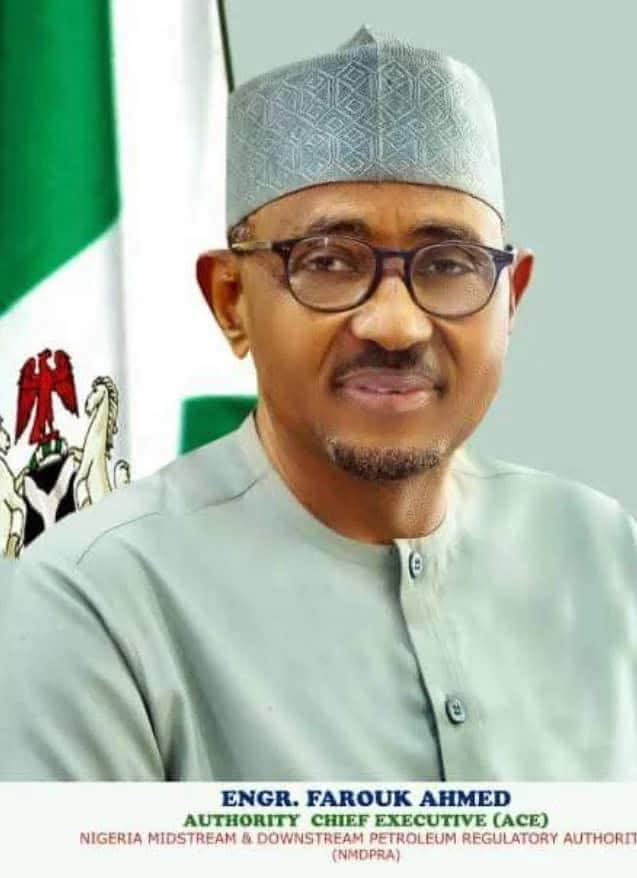The Group Chief Executive Officer of Nigerian National Petroleum Company Limited (NNPCL), Mr. Bayo Ojulari, has reiterated the company’s unwavering commitment to Nigeria’s energy transition agenda, revealed that the Ajaokuta-Kaduna-Kano (AKK) Gas Pipeline Project has reached 72% completion as of the first quarter of 2025.
Ojulari disclosed this during the 2025 edition of the Oloibiri Lecture Series and Energy Forum (OLEF), hosted by the Society of Petroleum Engineers (SPE) Nigeria Council in Abuja on Thursday. Represented by NNPCL’s Executive Vice President, Upstream, Udy Ntia, the GCEO said the company is leveraging cutting-edge technologies to drive sustainable operations and digital transformation in the oil and gas sector.
“Our digital roadmap is anchored on intelligent automation, data governance, and cyber resilience,” Ojulari stated. “From real-time reservoir monitoring to AI-powered subsurface imaging, we are implementing digital tools that enhance asset performance and reduce greenhouse gas emissions.”
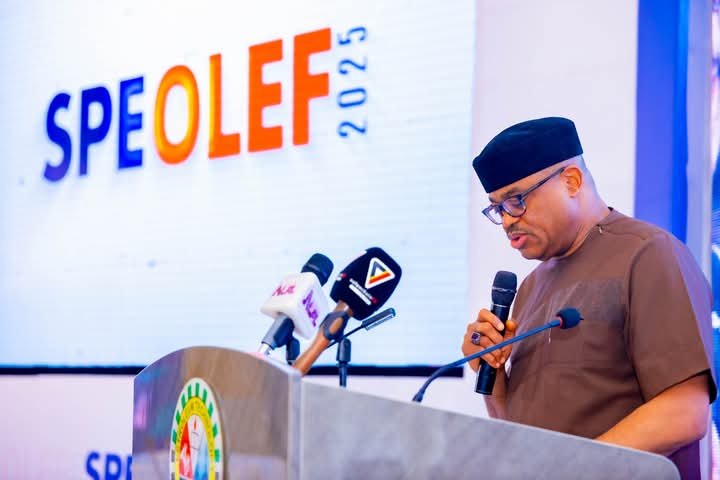
Highlighting key strides under the company’s gas-led energy transition initiative, Ojulari said NNPCL is working towards converting over one million vehicles to run on autogas by 2026. He described this initiative as a strategic move to align with Nigeria’s target of achieving net-zero emissions by 2060.
“The energy transition is a global imperative, but the pathways must reflect our local realities,” Ojulari emphasized. “Africa cannot afford a transition that sidelines its development needs. Our hydrocarbon resources must serve as a bridge to a more sustainable energy future.”
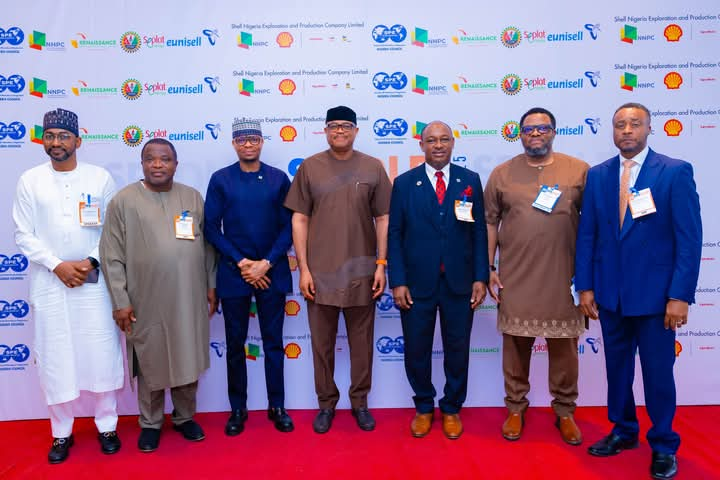
The GCEO also reaffirmed NNPCL’s resolve to complete the $2.8 billion AKK gas pipeline, a critical infrastructure expected to bolster domestic gas utilization and industrialization across Nigeria’s northern corridor.
Although the Federal Government had projected that the AKK pipeline would be completed by the first quarter of 2025, this timeline has shifted, with the project now standing at 72 percent completion.
“Sustainability is not a destination—it is a continuous journey driven by innovation, supported by policy, and grounded in ethical practices,” Ojulari concluded.


